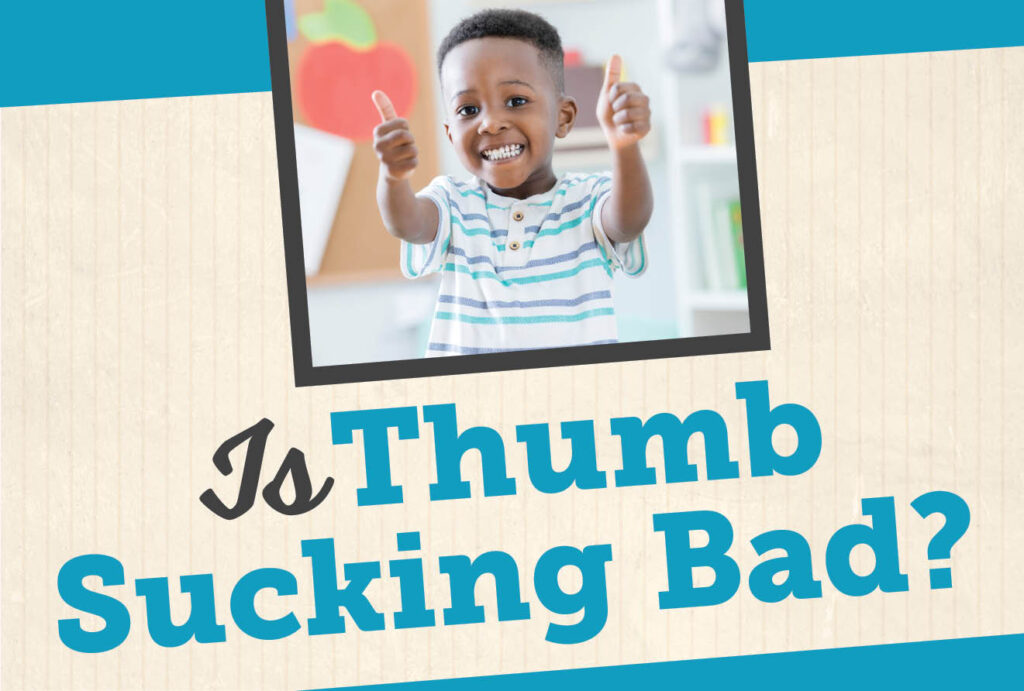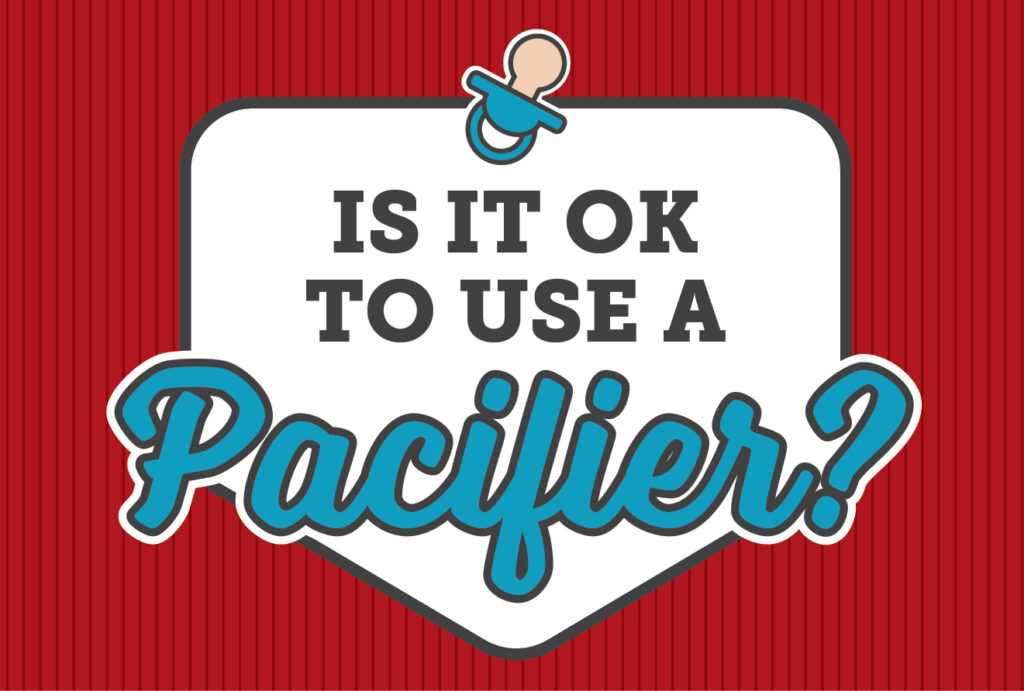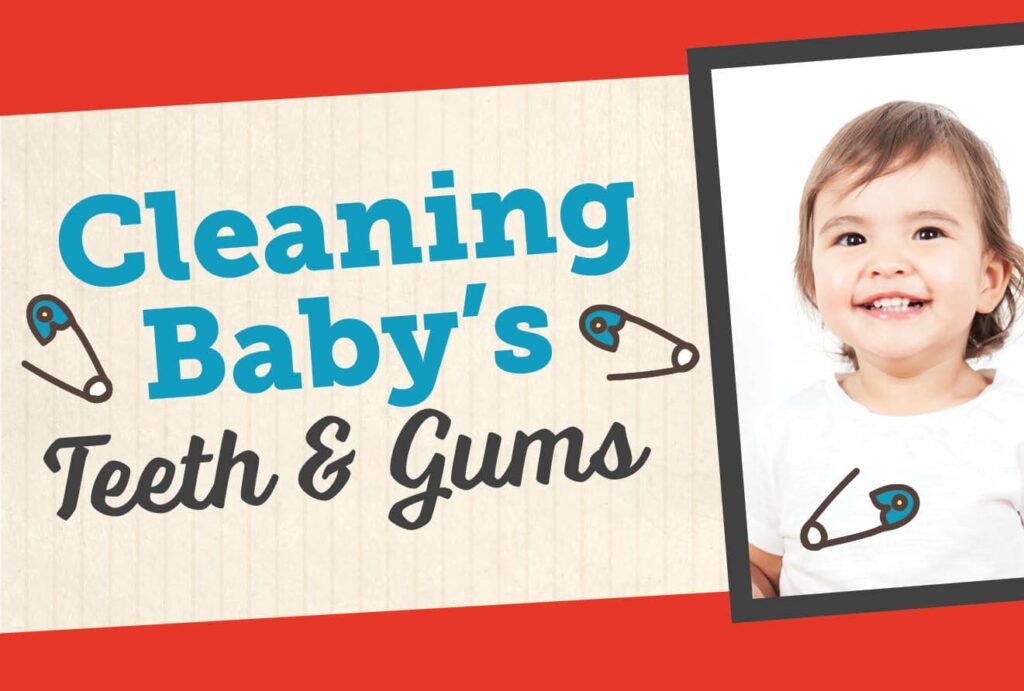Lizzie’s Big Day — A New Children’s Book by Dr. J at Union Pediatric Dentistry
November 24th, 2025

A Heartwarming New Story to Help Kids Feel Confident at the Dentist
We’re thrilled to announce the release of Lizzie’s Big Day, a brand-new children’s book written by our very own Dr. Kaitlin Jennison! This uplifting story helps kids build confidence during their dental visit while learning what to expect at their first dental visit.
If your child ever feels nervous about going to the dentist, this book can help turn uncertainty into excitement.
What Lizzie’s Big Day Is All About
Follow Lizzie, a determined little girl preparing for her big dental appointment. Like many kids, she feels a little unsure, but with courage, curiosity, and encouragement, she discovers that she’s braver than she thinks.
Kids will learn:
- Fun and surprising tooth facts
- Healthy brushing habits and tips
- That it’s okay to be nervous, and that courage grows when we try new things
- That dental visits can be a positive and confidence-boosting experience
Lizzie’s Big Day turns the dentist into an adventure that inspires bravery and pride.
About the Author — Dr. J, Board-Certified Pediatric Dentist
The book is written by Dr. Kaitlin Jennison, a board-certified pediatric dentist dedicated to making dental visits fun, educational, and stress-free for families.
This is her second children’s book, following A Sugar Bugs Delight, a creative approach to teaching kids about cavities and oral health.
Why We Love This Book at Union Pediatric Dentistry
At Union Pediatric Dentistry, we believe in empowering children through education and encouragement, and that’s exactly what Lizzie’s Big Day is all about.
Lizzie’s Big Day helps:
- Kids feel more prepared before a dental visit
- Reduce anxiety and uncertainty about dental appointments
- Build healthy lifelong smile habits
- Make learning about teeth fun and relatable
Bring Home Lizzie’s Big Day
Lizzie’s Big Day is perfect for:
- Bedtime reading
- School classrooms
- Dental-visit preparation
- Gift-giving for young readers
You can stop by the office to pick up your very own copy of Lizzie’s Big Day children’s book, and be sure to follow us on Facebook and Instagram to stay in the know about upcoming book-signing and story-time events with Dr. J! If your school or daycare would like a special reading of Lizzie’s Big Day, click here to request a visit—we’d love to make it happen!




